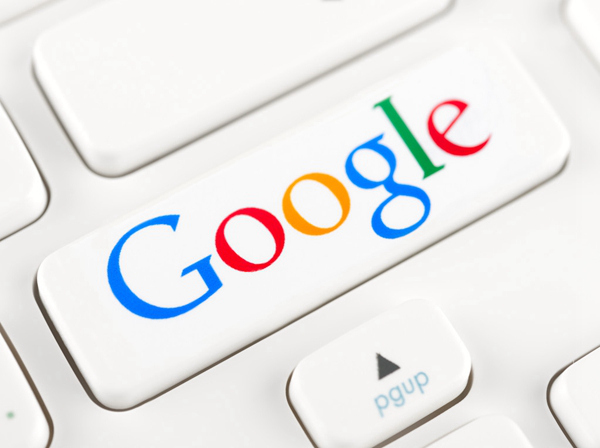up to dateThe report shows thatGoogleofArtificial Intelligence Search EngineGen-AI accounts for 84% of search queries, bringing the search engine optimization (SEO) landscape into a whole new era. SEO marketing company BrightEdge has been tracking Gen-AI search engine results since last fall, covering more than 1,000 keywords in nine industries including healthcare, e-commerce and business-to-business technology.

“High-performing brands get the majority of their traffic from organic search,” said Travis Tallent, VP of SEO at Brainlabs. “That’s why Gen-AI search engines are so important. If new ways to influence website traffic are implemented, it can have serious consequences for business performance.”
While the Gen-AI search engine is currently only available in the United States, India, and Japan, Google has yet to fully launch this new search experience. The Gen-AI search engine provides fact-based opinions by analyzing the context, sentiment, intent, and nuances of searches. Faced with this change, companies are redefining SEO strategies that go beyond keyword optimization to include ownership of valuable information and integrating isolated teams to optimize business operations.
The Gen-AI search engine was originally scheduled to be fully launched in December 2023, using two query formats: collapsed format and opt-in format. According to BrightEdge's analysis, the collapsed format accounted for 16% and provided a snapshot of AI-generated results, which people could click a button to expand and occupy most of the screen. The opt-in format accounted for 68% and was presented through a banner, prompting people whether they would like to explore the AI results of their query and start a more conversational experience.
However, Exverus MediaadvancedSearch manager Michael Robbins expressed skepticism that Google would roll out the Gen-AI search engine broadly once it becomes available to advertisers. Tallent noted: "Search advertising accounts for 80% of Google's revenue. Google has not yet found an effective way to monetize advertising efficiently without hurting brands."
BrightEdge’s testing showed that the Gen-AI search engine in some cases, such as searching for “Nike,” prominently displayed results related to the lawsuit between Nike and StockX. This change requires brands to not only carefully consider their performance in branded and non-branded searches, but also re-examine their image in organic searches.
While waiting for widespread adoption, Brainlabs has seen 75% of its clients ask questions about the Gen-AI search engine in the past six months. The agency tested the Gen-AI search engine across various verticals, including B2B and e-commerce clients, in December last year. For a B2B SaaS brand with a market cap of more than $10 billion, Brainlabs exposed the brand to 70% of keywords with “informational” user intent.
“We expect sites to lose between 20% and 36% of traffic from the launch of the Gen-AI search engine,” Tallent said, noting that in most cases sites that were not in the top 10 search results were lured to the Gen-AI search engine.
In response to this change, brands are building subject matter expertise on the site while increasing diversified search spend by providing multimedia content such as premium videos and images. “The Gen-AI search engine extracts the most influential content from the site and combines it with other sources it deems most influential,” Tallent noted.
At the same time, brands are diversifying their media spend beyond just Google Search, and are also advertising on platforms like TikTok, YouTube, and Reddit. “At Brainlabs, Google paid search spend has grown every year, including this past year, while other media channels have grown faster, at double-digit rates,” said Tallent. “This is in line with the overall industry trend — Google ad revenue has increased, but its overall share of ad dollars is declining.”
He also said the company's SEO team now works more closely with the company's influencer team to understand TikTok search trends and ultimately reach a wider audience. "The channels used to be separate and the teams didn't even communicate. Now we're all on a call and make broader marketing business decisions to reach audiences no matter what platform they're on."